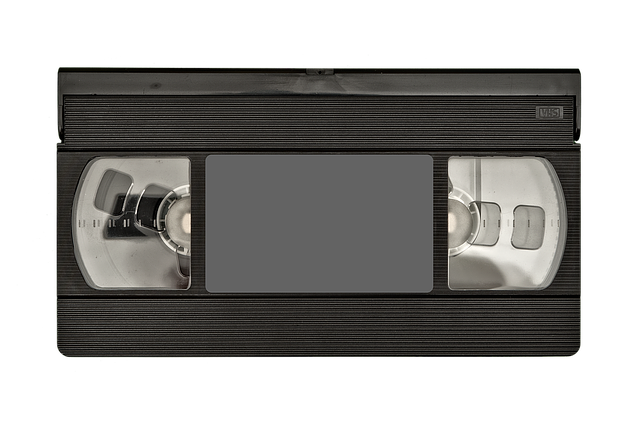What is tape storage device?

Tape storage is an information storage gadget that peruses and composes information on the attractive tape. Attractive tape information storage is commonly utilized for disconnected, recorded information storage. Tape media for the most part has a good unit cost and long documented strength. A tape drive gives successive access storage, dissimilar to a hard plate drive, which gives direct access storage. A plate drive can move to any situation on the circle in a couple of milliseconds, however, tape storage should truly twist tape between reels to peruse any one specific piece of information. Subsequently, tape drives have huge normal access times. Nonetheless, tape drives can stream information rapidly off a tape when the necessary position has been reached. For instance, starting in 2010 Linear Tape-Open (LTO) upheld nonstop information move paces of up to 140 MB/s, a rate practically identical to hard plate drives.
Attractive tape drives with limits short of what one megabyte was first utilized for information storage on centralized server PCs during the 1950s. Starting in 2014, limits of 10 terabytes or higher of uncompressed information per cartridge were accessible. In early PC frameworks, attractive tape storage filled in as the principal storage medium on the grounds that albeit the drives were costly, the tapes were modest. Some PC frameworks ran the working framework on tape drives like DECtape. DECtape had fixed-size listed squares that could be changed without upsetting different squares, so DECtape could be utilized as a sluggish circle drive.
Information tape drives may utilize progressed information uprightness strategies like staggered forward blunder revision, shingling, and direct serpentine format for composing information to tape. Tape drives can be associated with a PC with SCSI, Fiber Channel, SATA, USB, FireWire, FICON, or different interfaces. Tape drives are utilized with autoloaders and tape storage libraries which consequently load, dump, and store numerous tapes, expanding the volume of information that can be put away without manual intercession. At the beginning of home registering, floppy and hard circle drives were pricey. Numerous PCs had an interface to store information through a sound tape recorder, normally on Compact Cassettes. Basically devoted tape drives, for example, the expert DECtape and the home ZX Microdrive and Rotronics Wafadrive, were additionally intended for reasonable information storage. Be that as it may, the drop in circle drive costs made such options old.